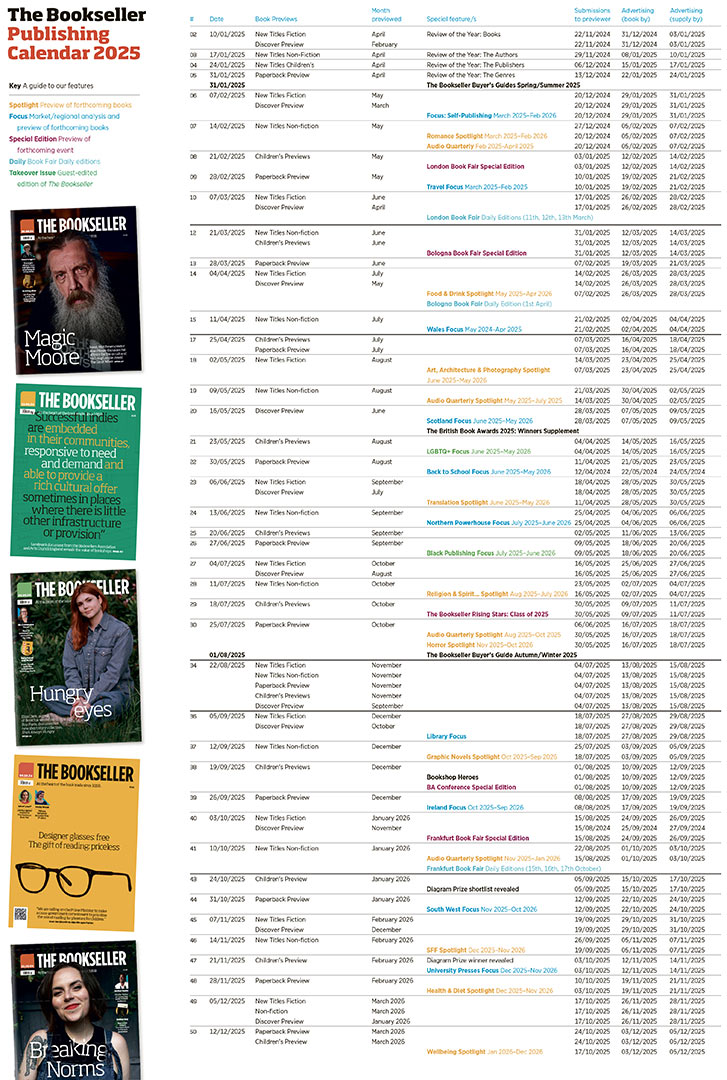You are viewing your 1 free article this month. Login to read more articles.
Anne Enright | 'I often write everything all at once. Memory isn’t linear for me, nor is experience'
The latest novel from Booker Prize-winner Anne Enright is the story of an Irish theatre legend, as told by her daughter.
The image on the jacket of Anne Enright’s seventh novel Actress is a black and white photograph of a young girl, wearing a smart matinee coat, buttoned shoes and a bowl haircut, perched on a stool in the wings of a theatre. Her face is turned towards the stage, where an actress performs to an unseen crowd under the spotlight. Only the curve of the little girl’s cheek is visible, but she seems to be enraptured.
The photograph, which Enright had pinned up on her corkboard while working on the novel, is actually of a young Carrie Fisher gazing at her mother Debbie Reynolds on stage. Enright’s novel is not about these stars at all, but the image perfectly captures the relationship between her central characters: Actress is the story of Katherine O’Dell, a legend of Irish theatre who was also once, briefly, a Hollywood star, told by her only child Norah.
I go mad, thinking I’m never going to get this book done, but the book is writing itself somewhere in my head
Norah is a novelist and married mother-of-two living in Bray, a town just outside Dublin, when she is visited by a young student who is writing her doctoral thesis on Katherine O’Dell. Finding it difficult to answer the student’s questions—which centre, mysteriously, on her mother’s “sexual style”—and concerned that her mother will not be well-served, Norah decides she will write her own book about her mother. The one thing everyone knows about Katherine, besides her legendary theatre roles and brief Hollywood stardom, is that in her later years she famously shot a man, described as “a movie impresario” in the press, in the foot—before going mad.
That Actress would take the form of a memoir, a biography written from personal knowledge, was always apparent to Enright. She points out, over the phone from her home in Ireland, that the form “leaves open the question of [Katherine’s] motivation and her state of mind, and her mental health history, all of those factors. There are almost too many reasons for her to have done what she did. And that doesn’t make sense if it’s told from her point of view, she has to remain somehow mysterious.” She adds: “What I’m hugely interested in is that moment of glamour, the glamorisation of life, of women and it can’t come from within. A star is always seen, a star can never see herself.”
Bringing the story to life
Norah is about to turn 59, which will make her a year older than her mother was when she died. She books a flight to London where her mother, whose entire career was based on her “Irishness”, was actually born, and begins to retrace the early years. Born to “strolling players” (itinerant actors) who moved from one set of rooms to the next, and criss-crossed Ireland in “fit-ups” bringing Shakespeare to the Irish provinces, Enright brings to life the long-lost world of repertory theatre in the pre-war years. “I’ve wanted to write about that world since I was a college student,” says Enright, whose interest in Anew McMaster—dubbed “perhaps the greatest actor-manager of his time” by Harold Pinter—stems from this time. McMaster makes an appearance in the novel, as the actor-manager of the theatre troupe that Katherine and her parents are part of. “The theatre dynasties of Ireland come out of that world... The theatre was really central to developing Ireland’s sense of itself as somewhere storied, somewhere language mattered, somewhere Shakespeare could be authentically responded to by the audience.”
Enright began work on the novel in 2016. She had been thinking about the Irish stars of her childhood and pondering “what it was to be, in some sense, legendary”. The character of Katherine O’Dell is not based on a real person, but as part of her research Enright stumbled across a website about Hollywood starlets who went mad. “[There were] about 10 of them. It was a really malicious sort of little boy’s website, ‘Oh, she was so beautiful, and then she went stinking mad and stabbed someone’. But knowing what we know now about what these women put up with, you think, ‘Well, that madness didn’t come from nowhere’.”
Norah is hoping to uncover her mother’s secrets and find out what made her “mad” enough to shoot a movie impresario in his Dublin office. There is another secret too: the identity of Norah’s father. The first half of the novel is mostly Katherine’s story, threaded with Norah’s own memories of her mother. In the second half of the novel, Norah herself starts to take centre stage: “Norah’s own story starts to take over, or to impinge, or digress from her mother’s,” says Enright. “She basically says, in this way I am so different from my mother.”
But Actress moves fluidly back and forth in time throughout. “I often write everything all at once. Memory isn’t linear for me, nor is experience. But I try to keep it as straight as I can [in the novel],” says Enright. “A sense of fluidity and shift, and that energy, that is about change. It’s really integral to my work, which is not about the past becoming a stable object. The past very rarely settles down. It shifts under our gaze all the time. When we articulate things, the past becomes different and so I resist and sometimes resent writers who say, ‘What is, is’ and, ‘What was, was’, because to me it changes it constantly.”
A change of direction
The title of the novel marks a change from Enright’s earlier, slightly opaque titles, and there’s a story behind that. “When The Forgotten Waltz was translated into German, they called it The Anatomy of an Affair. I thought, ‘Yeah, I suppose that’s what’s in the book all right—it does what it says on the tin’. The Forgotten Waltz doesn’t really mean anything at all” she says, laughing. “Except a sort of drifting piece of mental choreography that went nowhere. So I decided I would go plain. And Actress is a good word because it’s no longer, of course, the right word.”
On the writing itself, she says: “What I tend to do is focus on one or two paragraphs or chapters pretty much endlessly for months and months at a time, and it feels like I’m getting nowhere.” She describes this process as a “kind of lapidary, super-polishing” that feels never-ending. “I go mad, thinking I’m never going to get this book done, but the book is writing itself somewhere in my head.” Enright describes the tone she was seeking as a “joyful melancholy for worlds that are lost”. Norah is still grieving for her mother, years after her death. “Norah writes in the place where loss turns to nostalgia and to glamour, and this makes the loss of her mother bearable and almost lovely.”
“It’s a very cohering kind of voice,” says Enright of Norah. “She’s bringing things together, she’s sorting things out, she’s somehow telling a story in order to make it right. She’s not a difficult narrator. She’s not interested in fragmentation even though, like a lot of my narrators, she circles around things. She’s actually the wisest one so far, I think.”










